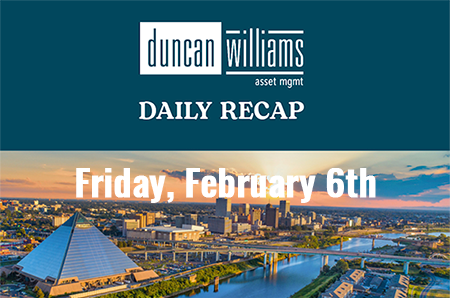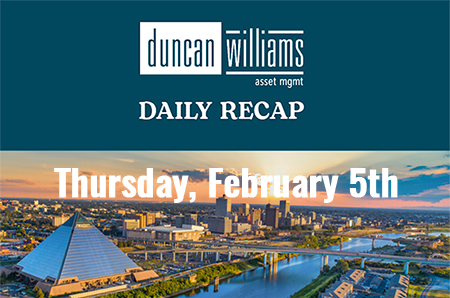Fed Holds Interest Rates Steady Amid Uncertainty: What It Means for the Economy, Businesses, and Consumers

Let’s talk about what the Federal Reserve (the Fed) just did, why it matters, and what it could mean for all of us—whether you’re a saver, a business owner, an investor, or just someone keeping an eye on the economy.
What Did the Fed Decide?
On June 18, 2025, the Fed’s leading policy group, the Federal Open Market Committee (FOMC), decided to maintain its key interest rate—the federal funds rate—at a range of 4.25% to 4.5%. This is the interest rate that banks charge each other for overnight loans, but it also sets the tone for all kinds of borrowing and lending across the country.
The Fed said the economy is still growing at a solid pace, the unemployment rate is low, and the labor market is in good shape. But inflation is still running a bit higher than they’d like, which is why they’re not ready to lower rates just yet.
Why Did They Do This?
The Fed has a “dual mandate”—two main goals:
• Maximum employment (as many people working as possible)
• Stable prices (keeping inflation around 2%)
Currently, they view the labor market as strong, but inflation remains “somewhat elevated.” There is also a lot of uncertainty out there, especially regarding trade policies and tariffs, which have made it more challenging to predict where the economy is headed. The Fed's cautious approach, watching how things unfold before making any significant moves, should reassure you about the thoroughness of their decision-making process.
Chair Jerome Powell explained that while inflation has decreased significantly since its peak, it remains above the Fed’s 2% target. He pointed out that tariffs are a significant factor driving up prices, and it remains unclear whether this will be a short-term bump or a longer-lasting issue. The Fed wants to be sure inflation expectations don’t get out of control.
What Does This Mean for You?
If you’re a borrower or saver:
• Interest rates on mortgages, car loans, and credit cards will likely stay about where they are for now.
• Savers are still getting better returns on things like savings accounts and CDs than they did a few years ago.
If you run a business:
• Borrowing money is still relatively expensive, which might make you think twice about taking out loans for expansion or new projects.
• If your business relies on imports, tariffs could be increasing your costs.
If you’re an investor:
• The Fed’s decision to hold rates steady means the market will keep watching for signs of when they might start cutting rates. The Fed’s projections suggest that rate cuts could happen later this year, but nothing is set in stone. This uncertainty might lead to some volatility in the stock market.
• There’s still a lot of uncertainty, so expect some market ups and downs as new economic data comes in.
For the broader economy:
• The Fed is trying to avoid a situation where inflation stays high and growth slows down—a tricky balancing act.
• They’re keeping a close eye on how tariffs, global events, and other policies affect the economy.
What’s Next?
The Fed will continue to monitor new data—especially on jobs and inflation—and adjust its policy as needed. This ongoing monitoring of economic data should keep you informed and aware of the Fed's continuous efforts.
Chair Powell summed it up nicely: “For the time being, we are well positioned to wait to learn more about the likely course of the economy before considering any adjustments to our policy stance.”
In Short
The Fed is holding steady for now, keeping rates where they are while they watch how the economy, inflation, and global events unfold. Their decisions affect everyone, so they’re moving carefully and keeping all options on the table.
Disclosure
This article contains forward-looking statements based on current economic data and Federal Reserve communications. These statements involve risks and uncertainties, including changes in trade policy, geopolitical events, and unexpected shifts in inflation or employment. Actual outcomes may differ materially from projections. This content is for informational purposes only and does not constitute investment advice or a recommendation to buy or sell securities. Please consult a financial advisor before making investment decisions.
Sources:
- Federal Reserve FOMC Statement (June 18, 2025):
https://www.federalreserve.gov/monetarypolicy/files/monetary20250618a1.pdf - Federal Reserve Press Release (June 18, 2025):
https://www.federalreserve.gov/newsevents/pressreleases/monetary20250618a.htm - Transcript of Chair Powell’s Press Conference (June 18, 2025):
https://www.federalreserve.gov/mediacenter/files/FOMCpresconf20250618.pdf - Advisor Perspectives summary of the Fed’s June 2025 decision:
https://www.advisorperspectives.com/dshort/updates/2025/06/18/feds-interest-rate-decision-june-18-2025?topic=covid-19-coronavirus-coverage - Federal Reserve Implementation Note (June 18, 2025):
https://www.federalreserve.gov/newsevents/pressreleases/monetary20250618a1.htm - CNBC coverage of the Fed’s June 2025 rate decision:
https://www.cnbc.com/2025/06/18/fed-rate-decision-june-2025-.html - Desjardins Economic Studies summary of the Fed’s June 2025 meeting:
https://www.desjardins.com/en/savings-investment/economic-studies/usa-fed-18-june-2025.html













